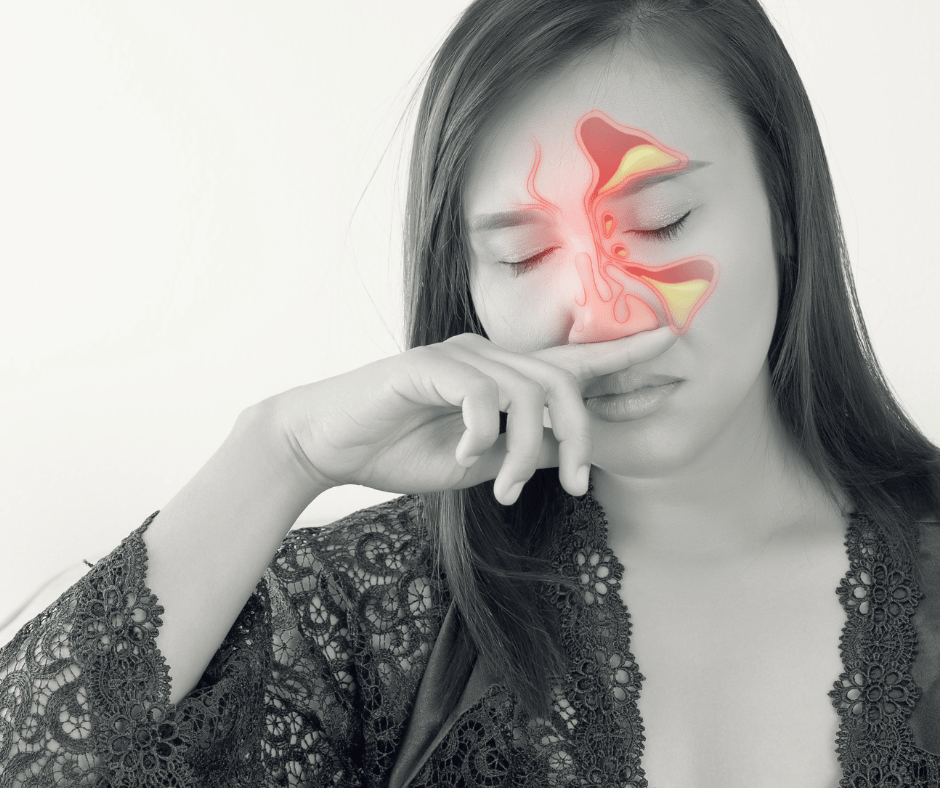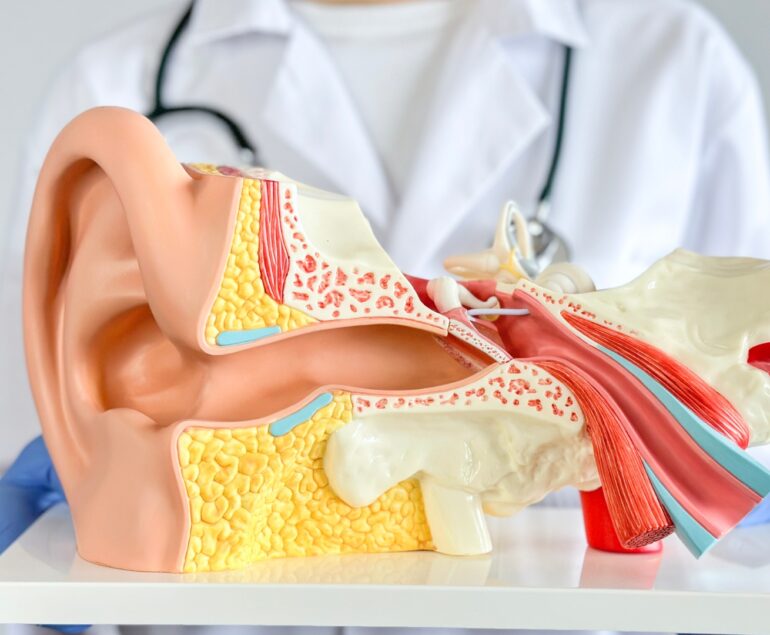Sinusitis is a common illness that affects many people all over the world. It is an infection or inflammation of the sinuses, which are air-filled spaces in the skull that connect to the nasal passages. In this blog post, we’ll talk about the signs of sinusitis, how to tell if you have it, and how to treat it.
Sinusitis Signs and Symptoms
Sinusitis can make people feel different things, but here are some of the most common ones:
Having a stuffy nose and having trouble breathing through the nose
Pressure and pain around the eyes, nose, and forehead
Headache
Postnasal drip (mucus dripping down the back of the throat)
Losing the ability to smell or taste
Cough
Fatigue \sFever
How Sinusitis Is Diagnosed
Your doctor will ask you about your symptoms and past health to figure out if you have sinusitis. They may also do a physical exam and use a small, light-up tool called an endoscope to look inside your nose.
In some cases, your doctor may order imaging tests, like a CT scan or MRI, to get a better look at your sinuses and rule out other possible conditions, like a nasal polyp or tumour.
How to Treat Sinusitis
Sinusitis can be treated in different ways, depending on what caused it and how bad it is. Sinusitis is usually caused by a virus and will get better on its own within a week or two. But if your symptoms are severe or last longer than two weeks, your doctor may suggest the following treatments:
Decongestants
Decongestants, like pseudoephedrine, can help relieve stuffy noses by making the nasal passages less swollen. They can be bought over-the-counter as pills or sprays for the nose.
Saline Nasal Spray
Mucus in the nose can make it hard to breathe, but a saline nasal spray or rinse can help clear it out. You can buy saline nasal sprays over-the-counter or mix salt and water together to make your own.
Antibiotics
Your doctor may give you antibiotics if your sinusitis is caused by a bacterial infection. Even if you start to feel better before the antibiotics are done, it is important to finish the full course as prescribed.
Steroids: Your doctor may give you oral or nasal steroids to help reduce swelling in the sinuses and make it easier to breathe.
Surgery
If your sinusitis is severe or keeps coming back, your doctor may suggest surgery to help your sinuses drain and breathe better. Endoscopic sinus surgery is a minimally invasive procedure that involves removing blockages in the sinuses using a thin, flexible tube with a camera and light on the end.
In conclusion, sinusitis is a common illness that can make you feel bad. If you think you might have sinusitis, you should see a doctor. Most people with sinusitis can get better quickly and get back to their normal lives if they get the right diagnosis and treatment.
About Author:
Dr. Vivek Kumar Pathak: Renowned ENT Surgeon, Senior Professor, and Founder.
Dr. Pathak, ENT surgeon at Kailash Hospital, Senior ENT Professor at Sharda University, and founder of Entegrity Care, brings expertise and innovation to healthcare. Discover the visionary behind Doxtreat Healthcare, shaping the future of ENT care.
Website www.drvivekpathak.com
Call +917838450942
WhatsApp +91 78384 50942
Book an appointment with Dr. Vivek kumar Pathak by filling the form.




